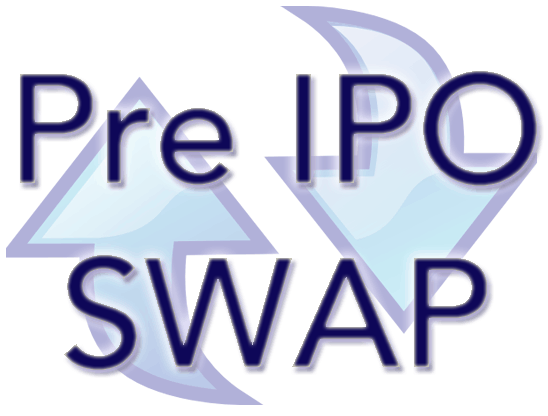12/1/2019 – (PreIPOSwap.com) – New York, NY — The WeWork fraud has given us all a moment to reconsider our policies on how to spot a fraud. Obviously, it wasn’t only Softbank that was tricked into thinking that WeWork was a strong, serious company. Industry professionals are not only beholden to rules, they are required to produce results. We live in a results based world, and Wall St. is exactly that. If you recommended a WeWork investment of size, you might be fired, retired, or reprimanded. You certainly are not going to be rewarded.
We’ve outlined a small addendum to your due diligence kit that may seem controversial or otherwise unorthodox – but understand the motives. Adam Neumann was not only able to pull the wool over the eyes of Softbank, investors included heavyweights like Goldman Sachs, JP Morgan, and others. So how to find a needle in a haystack? If you ask every founder, are you a scammer – who is going to answer yes? No one, it’s the job of professionals backed by analysts to figure out who is for real and who is not in this game.
Extended Review
During a normal due diligence process, there may be oversights that can cause issues in the future. We need to be detectives, and uncover any anomalies – and we must always assume that this has not been done before. Typically people are complacent and assume that ‘someone else’ has checked this out. We can’t make that assumption! Here are some additional guidelines which go well beyond what is required.
For Cap Raise, and large investments, especially in earlier stage (Angel/Seed) offerings, the following questions may be useful in order to avoid headaches down the road:
Questions for founder
- What are your hobbies?
- Do you have a family, if so, please elaborate. If not, why not?
- Have you travelled in your life?
- Are you religious? What faith?
- Have you ever been diagnosed with a mental disorder of any kind?
- Have you ever been accused of financial crimes of any kind (such as embezzlement, bank fraud.. ) even if you were found innocent..
- How many hours a week do you work?
- What are your aspirations upon success?
- What will you do if this fails?
- What makes you ‘tick’ ? (This is an open ended personality question)
- What is your favorite book & movie?
- RANDOM QUESTION: How much wood could a woodchuck chuck ..
Questions for company
- What was the hiring process?
- Does the CEO have unilateral power or is it shared among other executives?
- Does the CEO get along with everyone?
- What is the biggest flaw you have?
- What fears drive you to work harder?
- How did you develop your core product?
- Was it an original idea, or did you ‘get’ the idea from someone else? If from a 3rd party, do you have all legal rights on the concept? Any Patents?
Additionally, reviewers may want to compile competitive analysis reports and if none exist, perhaps create one. Google is the best tool to search for competitors, other companies offering the same product, news stories where the company or founder appears, and other information.
Another suggestion – get to know the founder. Take him to lunch, discuss something other than business.
Takeaway – how to spot a sociopath
Founders should be self-promoting of their own company. They can be aggressive, they can be eccentric, they can be even foolish. But they should not be self-absorbed narcissists, megalomaniacs, or pathological liars. How to spot such subtle differences? Or in other words, how to tell the difference between a budding Elon Musk or a budding Tony Robbins?
The point is this – the founder or founders are necessary and sufficient components of a successful startup. However you describe the magic of Steve Jobs, he was in a class by himself. He wasn’t a coder and didn’t develop any technology. But he created a cult that grew to be the largest computer company in the world (depending on daily market prices). Conversely, we have Adam Neumann, who also created a cult around him, but a toxic one. How to spot the difference between the two?
Examine:
- Behavior
- Statements
- Friends (associates)
- Marketing materials
- Product and use-case
All of these factors are painting a picture. If you are new to analysis, checkout this free publication by the CIA – Psychology of Intelligence Analysis hosted at our partner GlobalIntelHub.com
This is a field manual for analysts in finance and in intelligence- for any application.
With WeWork in mind, it’s better to PASS than have something blow up in your face.
Where there’s smoke there’s fire.
If it quacks like a duck…
Look @ Pitch
SIGN UP
